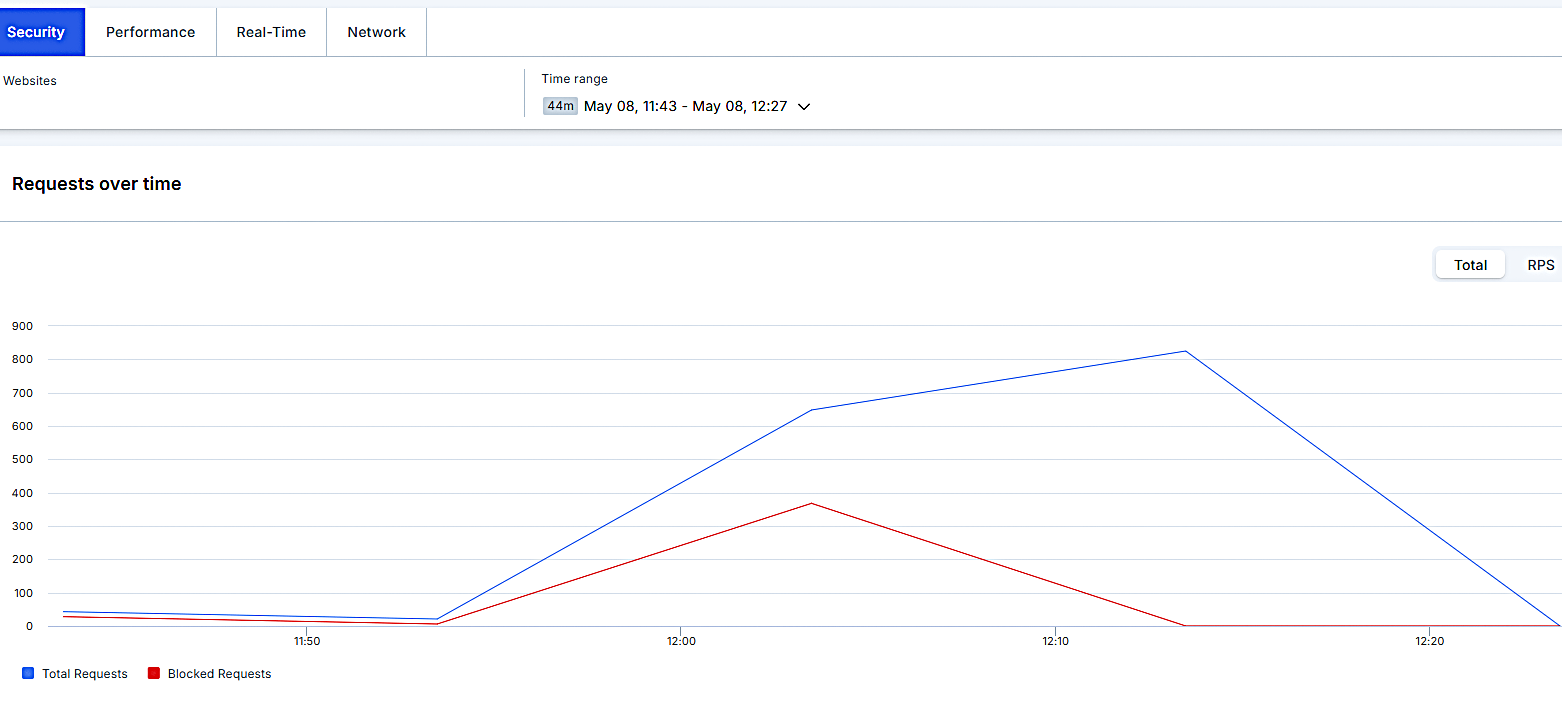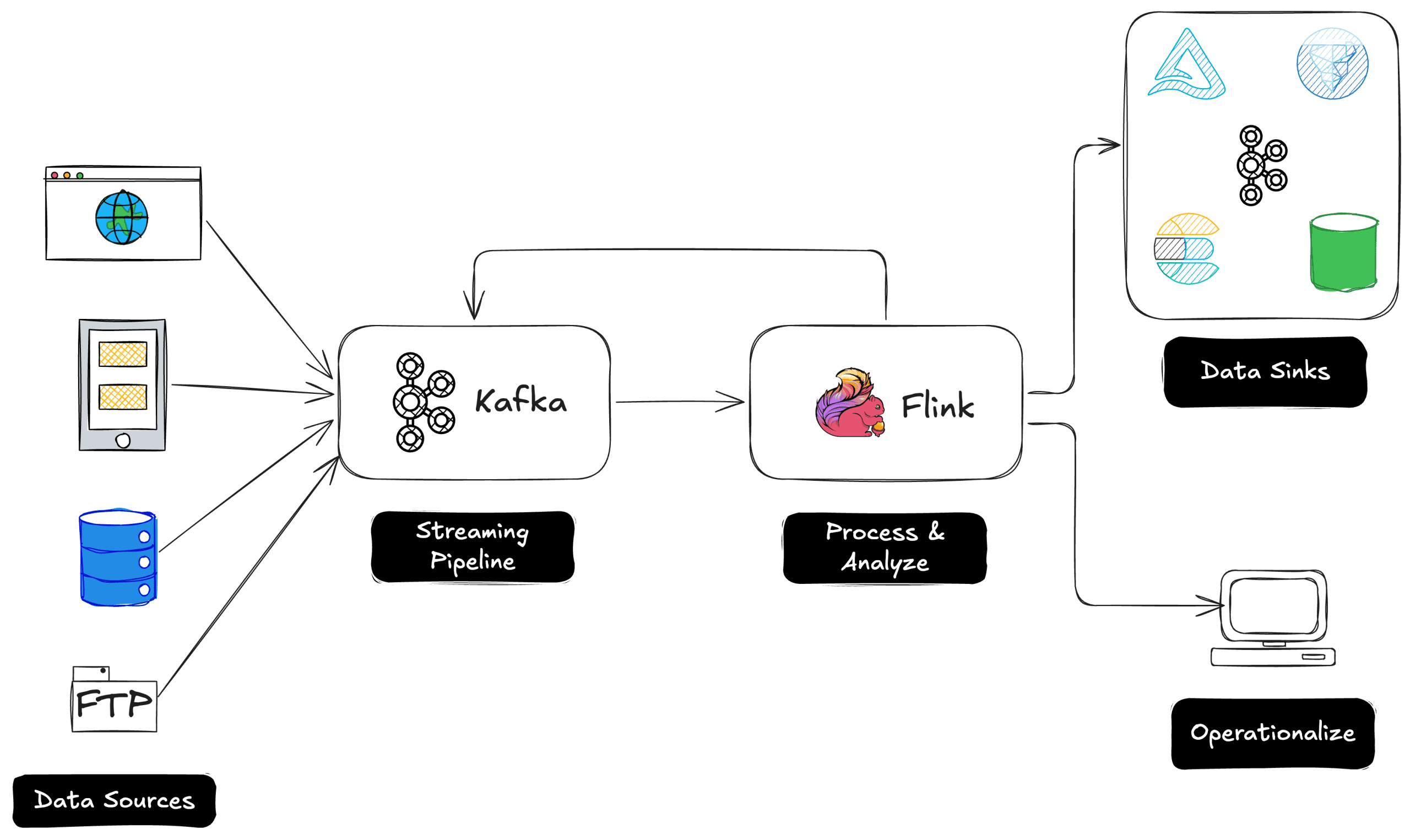Financial goal-setting in the digital age
Digitisation and technology advancements have changed India's financial landscape irrevocably, and it is prudent to adopt a set of investing dos and don’ts that sync with this new way of life.


Over the past few years, especially since the COVID-19 pandemic, digitisation and technology advancements have pervaded all aspects of our lives, and investing is one such space that has completely transformed. Unlike earlier, people can now invest, manage, and track their spending, all from the comfort of their homes. This has led to paradigm changes in the way we spend and invest, which requires a separate set of dos and don’ts that sync with this new way of life.
For most of us, investing is a means to achieve our financial goals, whether it be saving for retirement, funding your kids’ education, buying a house, going on holidays or even small things like buying a phone.
Let us now quickly delve into why this new digital age requires more vigilant tools and methods to plan our finances and meet every financial goal.
Spending at our fingertips
These days, spending is as easy as one, two, three. This is simultaneously one of the most overlooked yet worrying trends that is emerging, leading to spillover of monthly budgets and shortcomings in savings, which in turn leads to shortfalls in financial goals.
A rise in UPI payments, easy access to loans and online shopping platforms have all led to unbridled consumption demand and spending. This is something that people need to control to ensure adherence to discipline, and hence, fulfilment of goals.
With increasing instincts of immediate gratification, a few measures that can help individuals restrain themselves and stick to spending budgets are:
- Create multiple bank accounts for different purposes
- The bank account linked to UPI for immediate spending should be funded only to the extent of the monthly budget. This also helps stay away from financial fraud.
- A separate account for investments should be funded before the spending account every month
- Increase returns on savings banks to take advantage of the government's scheme that insures bank deposits up to Rs 5 lakh. Utilise this to invest into new age digital banks that offer high interest rates, which in some cases can be north of 7% for savings bank accounts. Use these accounts for spending related activities.
One thing to be vigilant about is bank expenses, and having multiple accounts lead to people ignoring the minimum amounts to be maintained in them at times. However with proper planning you can ensure adherence to the bank guidelines. Alternatively, you could also start by choosing banks that don’t have such minimum requirements. 
Investing smarter
With the rise of social media influencers and access to unbridled information and noise, the increasing chances of getting lured by unreasonable returns has led to several investment scams. The convenience of investing with a few clicks aids scamsters by not providing enough time for investors to check the veracity of such products and claims.
Investors will do well to understand that there are no free lunches and investment products offering to double their money in a few weeks, months or even years should be looked at very discerningly. Additionally, to combat such scams, you could have a circle of well-informed advisors who vet the investment decisions you make.
You should also create an investment policy – a framework that has a rules-based philosophy that ensures you have limits for each investment class. Even within equities, you should have limits for mutual funds, direct equities and so on and so forth–a good financial planner can help set this system up and review this periodically to ensure your investments and incremental investments adhere to this strictly.
Some other thumb rules to follow while investing include:
- Try to avoid taking loans for depreciating assets.
- Ensure that your EMIs are not more than 50% of your take-home salary. Additionally, at least 20% of your salary should go towards investments.
- Ensure you do not invest into equities for any financial goals that are less than 3 years away as equities can deliver negative or flat returns in short periods of time.
- Appoint a certified SEBI registered financial advisor who can carefully craft a sound financial plan.
Did you know that Berkshire Hathaway – legendary investor Warren Buffet’s investment entity– has delivered a return of 16.4% since 1985, which essentially doubles investors’ money once every 4.5 odd years? People should try and set expectations accordingly and not fall for get-rich-quick schemes, which can only lead to disaster.
Fraud management
As instances of online fraud increase, you need to be wary of losing hard earned money to online scamsters. Some tips to avoid such a situation include:
- Avoid leaving too much money in savings accounts – park them in liquid funds, fixed deposits to ensure there is any additional layer that protects in case of someone hacking your systems. Typically, hackers empty amounts sitting in your savings bank accounts.
- Do not fall prey to phishing attacks – Be super careful in downloading or giving access to your phone, accounts or data under any circumstances.
- Other basic hygiene factors like changing passwords and ensuring difficult passwords go a long way towards preventing such situations.
- If using public WIFI networks, use a VPN ( several VPNs are available free of cost) that help avoid hackers getting access to your system through these open networks.
The new age brings with it new risks and challenges, along with better opportunities. This is touted to be India’s decade, and to reap its benefits, we have to ensure scams, bad investment decisions and excessive spending don’t hinder our way in this new financial landscape.
Edited by Jyoti Narayan

































































![How to Enable Remote Access on Windows 10 [Allow RDP]](https://bigdataanalyticsnews.com/wp-content/uploads/2025/05/remote-access-windows.jpg)



































































































![[The AI Show Episode 147]: OpenAI Abandons For-Profit Plan, AI College Cheating Epidemic, Apple Says AI Will Replace Search Engines & HubSpot’s AI-First Scorecard](https://www.marketingaiinstitute.com/hubfs/ep%20147%20cover.png)






























































































































































































![Legends Reborn tier list of best heroes for each class [May 2025]](https://media.pocketgamer.com/artwork/na-33360-1656320479/pg-magnum-quest-fi-1.jpeg?#)


































































_KristofferTripplaar_Alamy_.jpg?width=1280&auto=webp&quality=80&disable=upscale#)




















































































-xl.jpg)







![[Open Thread] Android 16 is just weeks away, but has it met your early expectations?](https://www.androidauthority.com/wp-content/uploads/2025/03/android-16-logo-outside-hero-1-scaled.jpeg)






















![Vision Pro May Soon Let You Scroll With Your Eyes [Report]](https://www.iclarified.com/images/news/97324/97324/97324-640.jpg)
![Apple's 20th Anniversary iPhone May Feature Bezel-Free Display, AI Memory, Silicon Anode Battery [Report]](https://www.iclarified.com/images/news/97323/97323/97323-640.jpg)







































































































